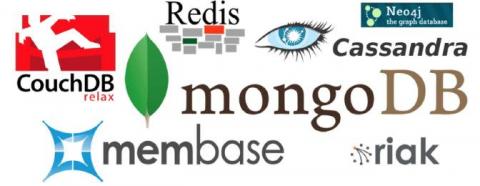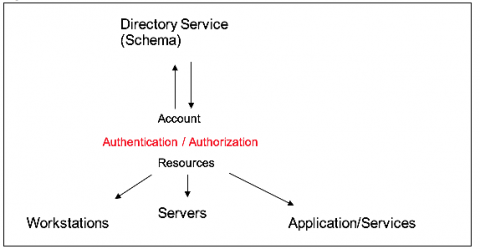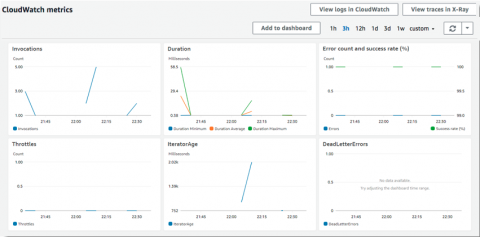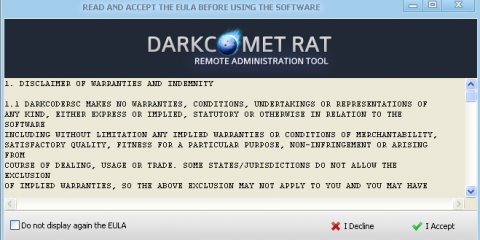7 Essential Principles of DevOps Success
At its core, DevOps is a set of principles. There are certain types of tools and processes that reinforce those principles and put them into practice. But the tools and processes are just a means to an end. The end itself is DevOps principles. Thus, DevOps success boils down to understanding the key DevOps principles, then identifying the tools and processes that enable your team to achieve them.







